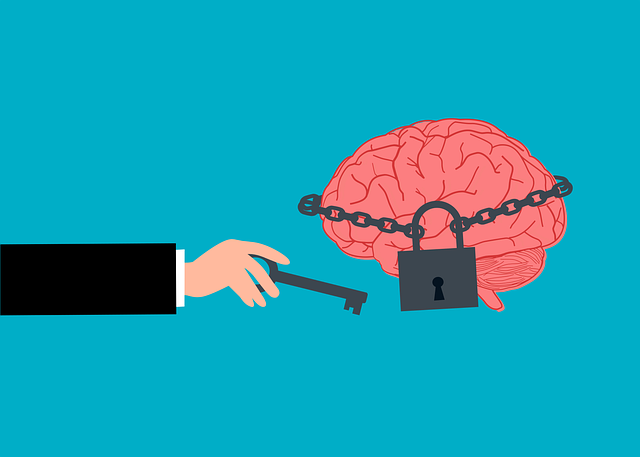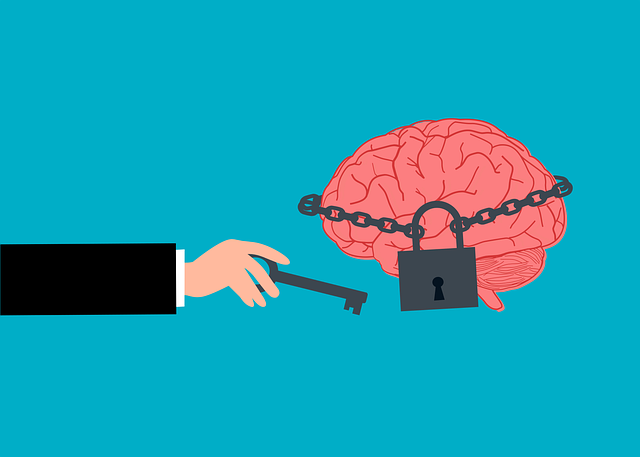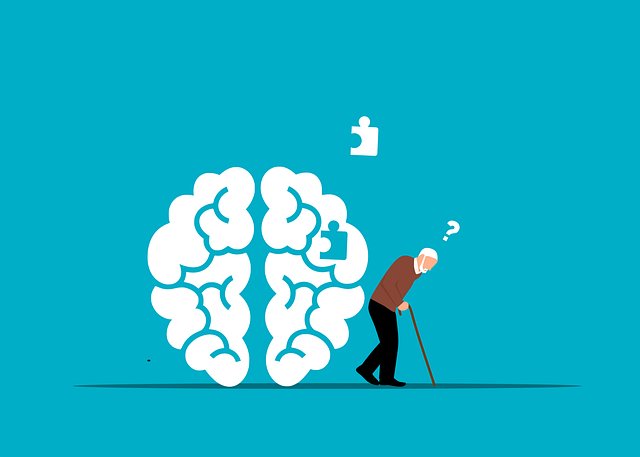In today's mental health awareness context, Longmont Couples Counseling Therapy emphasizes the critical link between social skills and psychological well-being. By addressing communication and relationship challenges through Social Skills Training (SST), individuals gain confidence, learn coping strategies, challenge negative thought patterns, and build meaningful connections. This approach enhances emotional intelligence, reduces anxiety, and improves overall mental health. Through role-playing, group discussions, and compassionate cultivation techniques, Longmont Couples Counseling Therapy helps clients flourish in social situations, fostering healthier relationships and enhanced well-being.
Social skills training is a powerful tool for individuals navigating mental health conditions. This article explores the profound connection between social skills and mental wellness, highlighting how enhancing these abilities can significantly improve outcomes. We delve into the benefits of specialized programs, such as those offered by Longmont Couples Counseling Therapy, and provide practical strategies used in therapy to foster effective social skill development. Understanding and cultivating these skills are essential steps towards a healthier, more connected life.
- Understanding the Connection Between Social Skills and Mental Health
- Benefits of Social Skills Training for Individuals with Mental Health Conditions
- Strategies and Techniques for Effective Social Skills Development in Therapy
Understanding the Connection Between Social Skills and Mental Health

In today’s world, where mental health awareness is growing, recognizing the intricate link between social skills and psychological well-being is essential. Many mental health conditions can significantly impact an individual’s ability to interact socially, leading to feelings of isolation and further exacerbating existing symptoms. Longmont Couples Counseling Therapy emphasizes that fostering healthy relationships and enhancing communication skills are integral parts of the healing process. By understanding this connection, individuals can begin their journey towards building inner strength and resilience.
Social skills play a pivotal role in mental health maintenance and improvement. Effective communication, empathy, and conflict resolution techniques contribute to better coping strategies. Through counseling and therapy sessions, clients learn to navigate social situations with more confidence, reduce anxiety in interpersonal interactions, and develop the tools necessary for fostering meaningful connections. This process empowers individuals to challenge negative thought patterns and replace them with healthier ways of interacting, ultimately enhancing their overall resilience.
Benefits of Social Skills Training for Individuals with Mental Health Conditions

Social Skills Training (SST) offers a multitude of benefits for individuals navigating mental health conditions. By focusing on improving communication, interaction, and relationship building, SST empowers people to better manage their everyday lives and connect with others. This is particularly crucial in communities like Longmont where public awareness campaigns are developing to destigmatize mental health issues, encouraging those affected to seek support without fear of judgment.
For instance, SST can significantly enhance emotional intelligence—the ability to recognize, understand, and manage one’s own emotions as well as the feelings of others. This skill is critical in mitigating anxiety and fostering healthy relationships, which are essential components for overall mental well-being. Through role-playing scenarios, group discussions, and practical exercises, individuals learn to express themselves effectively, interpret non-verbal cues, and respond sensitively to others, thereby improving their support network and promoting better mental health outcomes, including Anxiety Relief.
Strategies and Techniques for Effective Social Skills Development in Therapy

In Longmont Couples Counseling Therapy, social skills training is a multifaceted process designed to help individuals with mental health conditions navigate and thrive in social settings. Therapists often employ a range of strategies and techniques tailored to each client’s unique needs. One effective approach is role-playing exercises, where clients practice difficult conversations or social interactions in a safe, controlled environment. This method enhances their ability to respond appropriately and build confidence.
Additionally, therapists integrate compassion cultivation practices to foster empathy and understanding. By encouraging mindfulness and active listening, these practices promote positive social exchanges and reduce reactions to stress, such as anxiety relief and burnout prevention. Group therapy sessions also play a pivotal role, offering clients opportunities to learn from one another while developing coping mechanisms and building a support network. These techniques collectively contribute to improved social functioning and overall well-being for individuals in counseling.
Social skills training, a key component of comprehensive therapy approaches like those offered by Longmont Couples Counseling Therapy, plays a pivotal role in improving mental health outcomes. By equipping individuals with effective communication and interpersonal strategies, this training fosters better relationships, enhances social support networks, and promotes overall well-being. Through evidence-based techniques tailored to specific mental health conditions, individuals can develop the skills needed to navigate social situations confidently, leading to improved life satisfaction and reduced symptoms.














